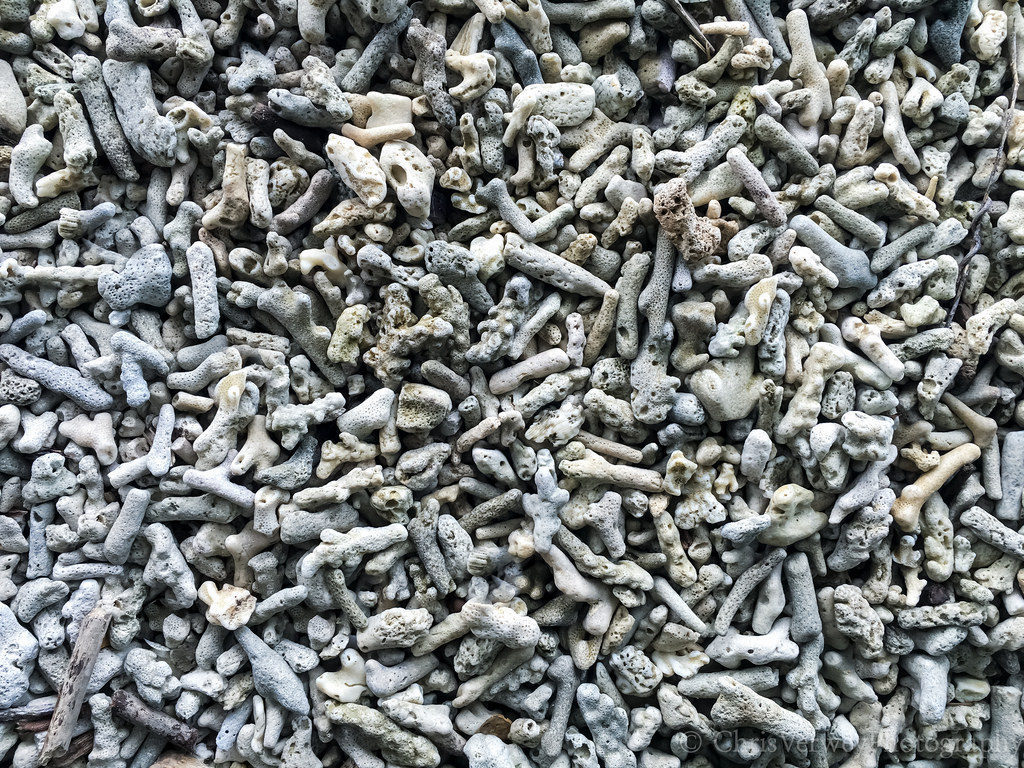Two Poems
Subtle is a good word for a completely different situation
Reefs are turning white
worldwide—not like I am
white or rice or a lie
can be white if it’s toothpick
sized—this is more a shade
of the death of fish—color
of broke oceans—and it’s funny
to me—an activist saying
we’re “sticking our heads in the sand”
re: the ruin of coral—weeks
ago and I still glow in a passel
of neurons at the image of men
in suits on an Aussie beach, tushes
dotting the air as they eye
a magical realm of oily business
as usual beneath the sand—so ha,
ecological disaster’s a hoot
and I sense I did my part—read
and even saved the article
in The Times and worried
my heart out to the stars
I walk under or above
isn’t out of the question—
for where are we exactly
in relation to the glow
of creation’s hard
for any one species to know,
when it’s just our one
doing all the talking—
or so very busy
not listening to what’s
clearly being said,
I should say
Eulogy for my vanity, written in advance of its demise to shame me into being a better person
I can’t sleep.
My ego is smashing its drum kit
because the internet is erasing me.
I’m dying as an electronic soul, disappearing
from about two hundred websites
every day. I decide
the time has come to change
into an ancient Chinese poet.
Everyone is drinking wine.
Li Pai. Hsin. Tu Fu.
We are walking up hills,
lamenting and reflecting,
crying metaphorical streams.
I take the bullet train
Confucius rode. Google myself
as Wang An-shih did in 1041
before he wrote “What is important
doesn’t come from outside.”
Finally I write a poem.
The underside of the branch
never feels the moon.
I am the underside of the branch.
I am happy with the first two lines.
I toast them with six sips of wine.
The third line
is that of a disappearing American poet.
Too direct, too worried
that I won’t win the Pulitzer,
that people won’t love the nuthatches
that sing in my head
singing in theirs.
So I drink more wine.
Lament and reflect more.
Cry a deeper stream.
Years later I write a poem.
I walk up a hill.
It is not high enough
to jump from.
I stand on my toes.
Wang An-shih slaps my head.
In part because he likes to.
When you slap someone’s head,
you mostly feel your head
not being slapped.
“Your suicidal tendencies
do not interest the crane,” he says.
I look over at the crane. The crane,
in not looking back at me,
confirms that Wang An-Shih
is a philosopher
with capable eyes.
I drink more wine.
Lament and reflect more.
Cry an even deeper stream.
But this time I see
how hard my desire is working
to cut a path through rock.
I want to soothe my heart
by erasing my desire.
I want to stop confusing renown
for accomplishment
and accomplishment for god
looking at me and saying, You are.
Finally I remember Li-na’s
famous poem—”It is easier
to ask a stranger
to weed your garden
than weed it yourself”—
before writing the poem
that ends my life.
The lotus blossom
picks my eyes.
—
Bob Hicok‘s most recent book is Words for Empty and Words for Full. This Clumsy Living, his previous book, was awarded the Bobbitt Prize from the Library of Congress.
photo credit: chrisverweyphotography Coral beach via photopin (license)

